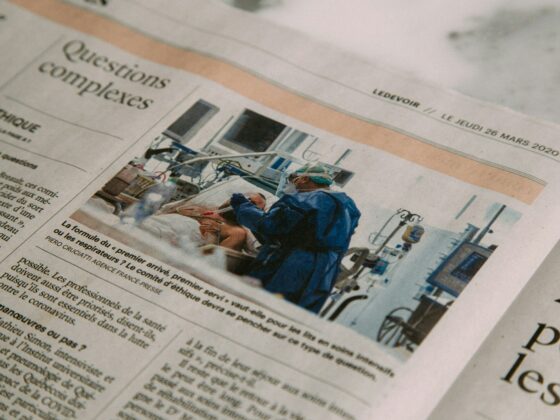
I began my career when putting “big data” in your bio was enough to get you invited to keynote industry events. There was a sense that the more data you had, the better you were. Today, as you read this, I’m sure you have a desk piled high with reports and an inbox full of data, yet still have tough challenges to solve—so the promise that data can solve everything clearly hasn’t turned out to be true.
However, I’m sure you’ve also seen cases where data has unlocked performance and profitability. So, how do you determine if data is working against you or for you? Here are key things to watch out for:
- You’re not seeing the whole picture. Data works against you when you aren’t collecting it the right way. Completeness and recency matter. Flawed or biased data sets need to be identified early, such as guest satisfaction scores from surveys that only capture the opinions of happy guests, or staffing models built on pre-pandemic demand patterns. Without fixing this, data creates false confidence. Remember: Garbage in, garbage out.
- Your numbers look good until you see what’s possible. On stage at the NYU IHIF conference, one of the top hotel asset managers told me what keeps him up at night: a hotel outperforming last year’s results or its current compset, yet still falling short of its full potential because of recent renovations that significantly enhanced the guest experience and should justify higher rates. Context and depth of data help avoid this. A number in context can tell a story, drive action, and push the boundaries of what’s possible.
- You’re winning a game that doesn’t matter. Vanity metrics exist in every industry, but especially in hospitality. I see this in departments across properties and company types around the world. Placing too much stock in social media followers and website visits. Celebrating high occupancy without considering rates, guest spend, and profitability.
- Your teams are working hard, but in different directions. Data works against you when it pulls you in a different direction than other teams you need to be collaborating with. This is related to the point above, but potentially an even bigger problem because it’s sometimes harder to see. The hotel industry has been plagued for years by misaligned incentives. One team optimizes for top-line revenue, while another focuses on bottom-line profits. Fortunately, we’re seeing more alignment across our industry on profitability, but this is still something to watch out for. If marketing campaigns, room pricing, and staffing decisions aren’t built around common goals like profitability, you won’t achieve the results you could.
- You have more reports than results. Data works against you when you spend too much time interacting with the data and not acting on the insights it provides. Hotel leaders today are tracking dozens of KPIs, from sales and revenue to energy usage to labor scheduling to guest satisfaction scores. Without a good way to process it all and act on what matters most, this can lead to analysis paralysis. Data is a means to an end, not the end itself.
From leading data projects over the past 15 years with hotel teams around the world, I’ve seen that data really can deliver on the promise of saving time and driving profitability. But you need to avoid these common pitfalls to get there. Take a fresh look at how your data is collected, analyzed, and used. Make sure the data behind your hotel business is set up in a way that helps you make decisions, align your teams, and drive profits.







